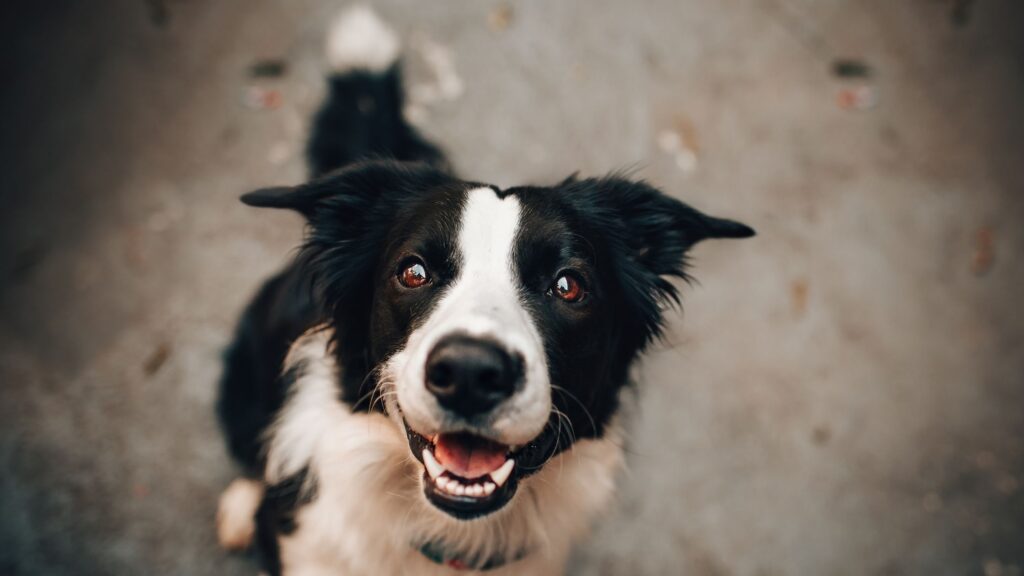Question 1: Is Adopting A Pet Trustworthy?
Rescue dogs are mostly abandoned dogs by their owners because of ill health and deteriorating health conditions or if they have come under any accident resulting in loss of a hand, legs, or any such essential body organ. The volunteers rescue such dogs from the streets at shelter homes without knowing about their breed, age, nature, or any medical conditions.
When the animal is under the health care system of the shelter home for some time their health may get better, but what if they are having any serious medical injuries or internal damage of vital organs.
We have seen a case where a lady adopted a dog from a rescue shelter and the pet had started slowly adopting the owner’s lifestyle and standard of living and was easily mixing up in the family. But after 1 year of its adoption. The pet’s medical condition started deteriorating and a huge amount of money was spent on treating its disease. Later on, it was found that the pet had a tumor in its stomach.

Maximum rescue hubs do get a vet to look over the dog, give vaccinations, and “fix” them, but it is occasionally a hasty affair. The vet sometimes is contributing services, and the rescue center generally doesn’t have a lot of money if they must compensate.
Another reason for not adopting a rescue dog is that they are prone to biting small kids and adults and aren’t well trained as they have spent most of their lives on the streets.
Question 2: Why Is Adopting A Pet So Hard?
Your application may be rejected because of the following factors:
- Based on your occupation and lifestyle: If the owner’s lifestyle is very hectic, they may not consider spending their time with the pet.
- Other family members at home: It is possible that some members are allergic to the dogs or pets and don’t like them being around so it can create a quarrel with other members.
- Any allergies to the adopter
- Allergies to the dog
So, depending on these factors an adoption application can be rejected by the owner.
Question 3: How Can You Tell If A Rescue Dog Is Legit?
Avoid puppy mills campaigns and dog auctions should be closed off completely as it transfers the adoption amount to an irresponsible owner. Here are roughly ways prospective adopters should approach alternative a rescue group as they track a pet adoption:
1. Rely on renowned rescue groups
The rescue shelters should be authentic and genuine to rely upon. They are mostly initiated by volunteers who are willing to help abandoned pets and adopt them for free of cost, but the rescue dogs come at a maintenance cost, like giving them proper medications, providing healthy food, weekly checkup with veterans if they are sick or having ill-health.
Sometimes the rescue shelter can charge us with the excessive additional cost which they have incurred during the caretaking of the puppy, so an adopter should consider which costs are genuine and which are not then only we should rely on adopting from them.
2. Visit local animal shelter in your area:
Instead of adopting rescue pets from far-off cities, we can have a look at our nearest local shelter homes. Try to connect with them locally.
3. Inquire about the rescue dog:
Ask them questions, regarding the existence of the dog, from where they rescued a pup? Regarding the characteristics and nature of the specific breed? Sometimes they also rescue dogs when a natural calamity has occurred, so such points should be kept in mind while adopting a rescue dog.
Question 4: Do rescue dogs remember their past?
Many adopters mostly have a question that whether their rescue dog will recollect their memories or not.
Though dog fans and scientists alike have been thinking about this inquiry for many years, a recent study has exposed that dogs do own a declarative memory. This means that they can recollect facts and evidence from their past, both enjoyable and damaging. We can have a look at their body languages and judge from the following attributes:
- Barking
- Growling
- Whimpering
- Wagtail
- Displaying out of their behavior
- Being scared all the time
- Strange reaction over specific things
- The way they interact with someone
So How to Keep Away From The Past?
- Try them accompanying in various daily activities
- Learn that in which situations and the environment they are being aggressive or are being irritated more frequently.
- Stay calm and support them, don’t be harsh on them
- Try calming them down by rubbing their belly and give them a head massage.
- Stay awake and observe them closely.
Question 5: Are animal rescue videos staged?
Mostly the animal rescue videos are created to have empathy on rescue dogs. From the following factors, we can assess that whether the rescue video has been created intentionally or is genuine:
- See what are they doing with the rescue dog?
Learn, whether they are trying to help a dog or are they in for any intention of creating huge money by making that video.
- The arrival of the rescuers at the place
Most rescuers visit that place when someone calls and informs them regarding any injured or abandoned pet at a certain place and see how they ate treating the dog in the video.
- Description regarding the rescue
Any uploaded video on rescue dogs should contain a description regarding the rescued dog and all details about the rescue should be mentioned in it.
- The rescue group is running a non-profit organization or is intended to do something different?
When you visit the websites of the rescuers, they should have mentioned a code: 501(c) (3) non-profit organization, which means they run a charitable trust and are funded by donations from various people.
Question 6: why are rescue dogs so expensive?
The rescue dogs require:
Vaccinations:
Rescue dogs are abandoned dogs because of their ill health and any medical issues, so for that, they need vaccinations for various diseases like rabies, polio, etc.
Identification Tags:
These tags include microchip information that is hanged around their neck or is placed on their ears to identify their identity.
Veterans charges:
The vet charges a generous amount of fee, to assess the health of the rescued animal, so such charges will also be compensated by the adopter.
Food and diet:
Depending on their health all dogs have to be given, specific food for nurturing and bettering their health or according to any allergies or digestive issues.
Other expenses:
- Extra remedial care, such as antibiotics, X-rays, and other behaviors
- Conveyance costs if your pet was transported from another shelter or district
- Comforter, toys, treats, and other add-ons that recover an animal’s value of life at the housing
